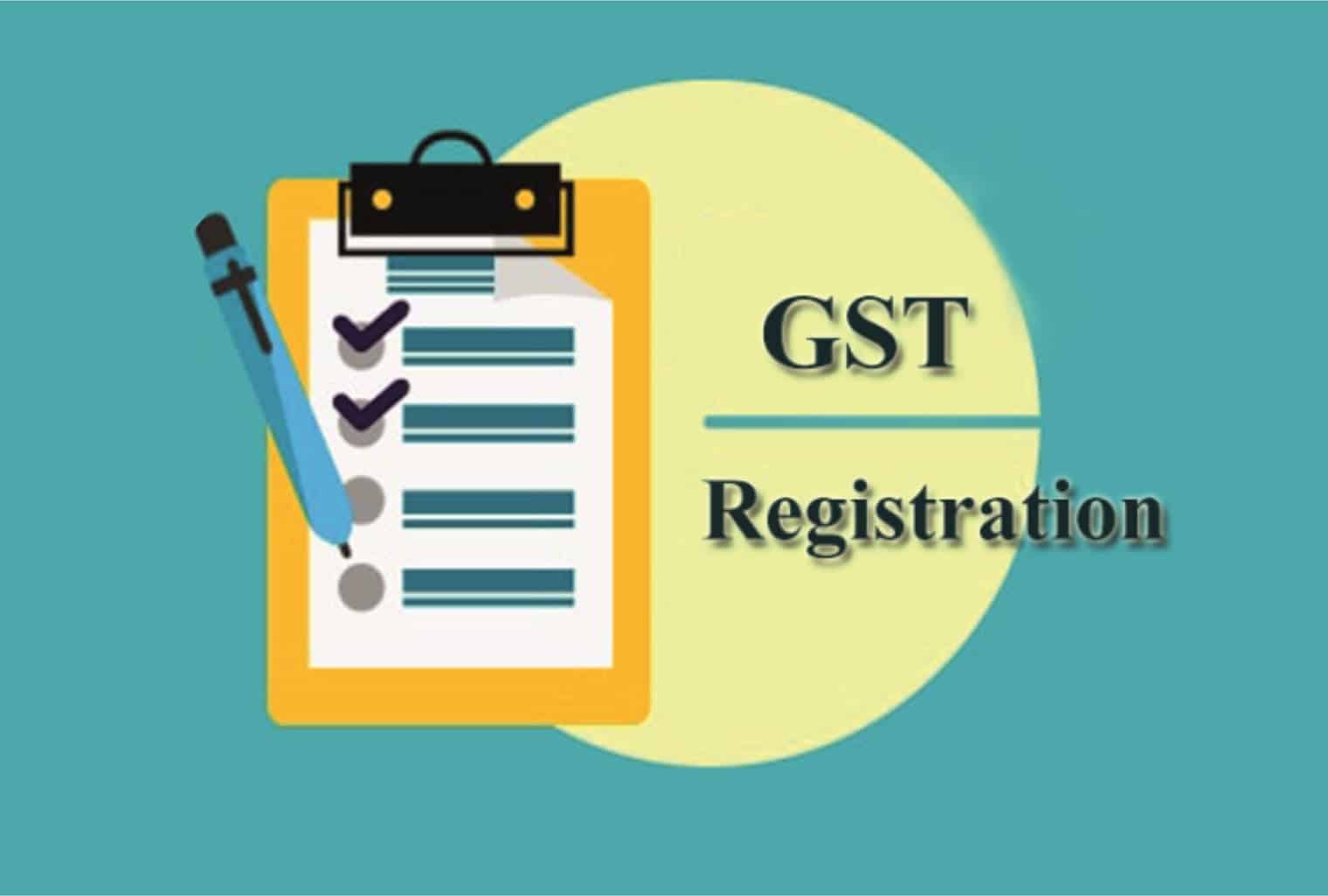Recognizing the Conveniences of the most effective GST Registration Services in Singapore
Recognizing the Conveniences of the most effective GST Registration Services in Singapore
Blog Article
From Beginning To End: The Ultimate Roadmap to GST Registration for Companies Looking For Financial Security
Navigating the intricacies of Item and Solutions Tax Obligation (GST) registration is a crucial action for companies pursuing economic stability. From understanding the essential concepts of GST to following post-registration guidelines, the procedure can appear intimidating in the beginning look. Breaking down the roadmap into workable actions can simplify the enrollment trip for businesses looking to enhance their monetary standing. Allow's discover the crucial components that comprise this best roadmap and find how each stage adds to laying a solid foundation for financial success.
Comprehending GST Fundamentals
Exploring the fundamental concepts of Goods and Services Tax Obligation (GST) is necessary for obtaining a thorough understanding of its effects on businesses and the economic situation. GST is a value-added tax levied on many goods and services for domestic usage. It has changed several indirect tax obligations that existed in the pre-GST era, improving the tax obligation framework and boosting simplicity of doing service in India. Under the GST system, both services and products are exhausted at a certain rate, which is identified based upon their classification. If their annual turn over goes beyond the threshold restriction set by the federal government, companies are needed to register for GST. Input Tax Credit Scores (ITC) is a considerable feature of GST, permitting services to claim credit report for tax obligations paid on inputs, lowering the total tax concern. Recognizing the essentials of GST is essential for companies to abide by tax regulations, manage their finances effectively, and contribute to the nation's financial growth by getting involved in a clear tax system.
Qualification Requirements for Enrollment
As of the existing policies, the threshold limitation for GST registration is an annual accumulation turn over of 40 lakhs for services operating within a state, other than for special category states where the limitation is 20 lakhs. Furthermore, certain services are required to sign up for GST irrespective of their turnover, such as interstate vendors, casual taxed persons, and businesses accountable to pay tax obligation under the reverse charge system. It is essential for companies to completely assess their turnover and transaction kinds to determine their GST enrollment obligations properly.
Records Required for Enrollment
Having met the eligibility criteria for GST enrollment, companies have to now ensure they have the requisite documents in area to proceed with the enrollment process successfully. The files needed for GST registration usually include proof of organization constitution, such as collaboration action, registration certificate, or incorporation certification for different types of companies. In addition, services see this require to give files establishing the primary area of business, such useful site as a rental agreement or electrical power expense.
Step-by-Step Registration Process
Beginning the GST registration procedure involves a collection of organized steps to guarantee a seamless and compliant enrollment for companies. The first action is to visit the GST site and submit the enrollment form with precise information of business entity. Following this, the applicant gets a Temporary Recommendation Number (TRN) which is made use of to resume the application process if it's not completed in one go.
Following, all required papers as per the list offered by the GST portal demand to be published. These records normally consist of evidence of company enrollment, address and identification evidence of promoters, financial declarations, and service entity's frying pan card.

Post-Registration Conformity Standards

Final Thought
Finally, companies seeking financial stability must understand the basics of GST, fulfill qualification requirements, gather necessary documents, adhere to the detailed registration process, and follow post-registration standards - Best GST registration services in Singapore. By adhering to these actions, organizations can make certain conformity with tax regulations and keep economic stability in the future
Additionally, particular companies are required to register for GST irrespective of their turn over, such as interstate distributors, informal taxed persons, and companies responsible to pay tax obligation under the reverse fee device.Having actually satisfied the eligibility standards for GST enrollment, businesses should currently guarantee they have the requisite papers in area to continue with the registration process successfully. The records needed for GST enrollment normally include evidence of organization constitution, such as collaboration deed, registration certificate, or consolidation certificate for various kinds of services. In addition, companies require to offer records establishing the principal area of company, such as a rental arrangement or electrical power costs.Commencing the GST enrollment procedure involves a collection of structured steps to make sure a certified and seamless registration for services.
Report this page